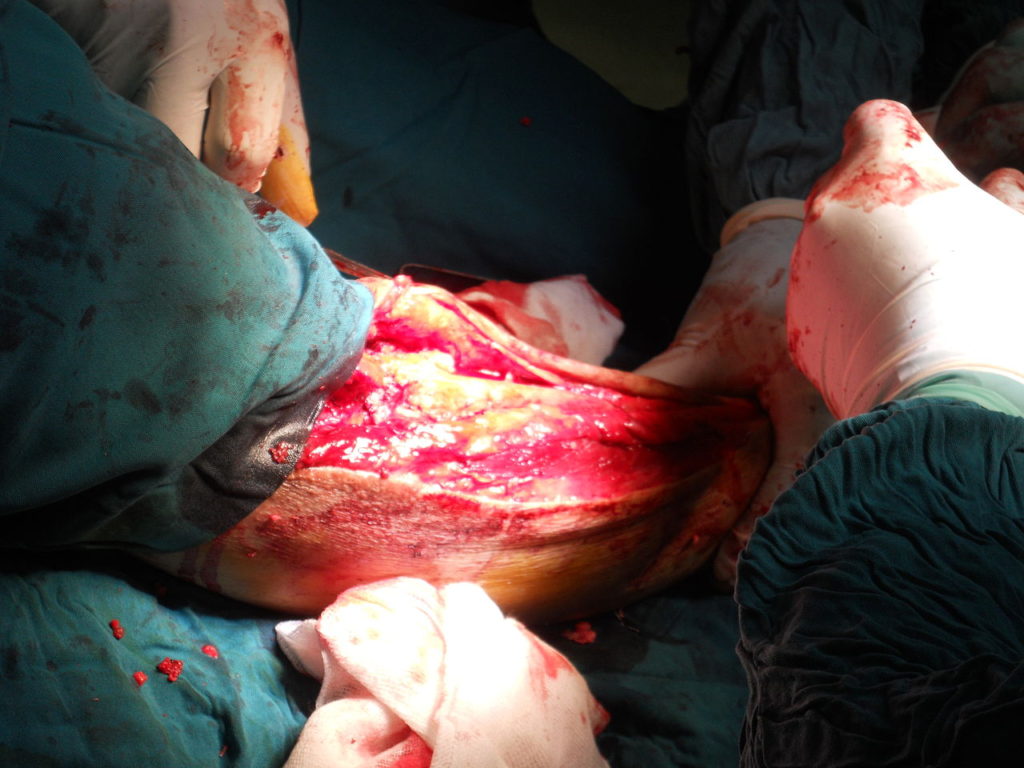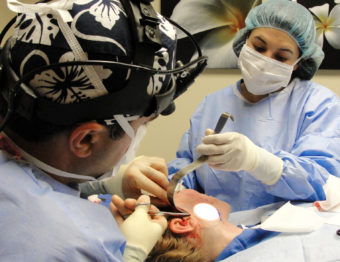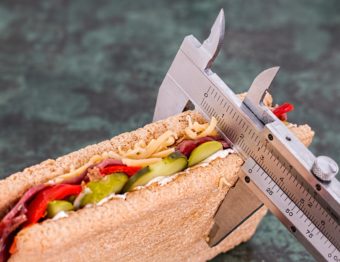When you have been scheduled for orthopedic surgery, the stress can be overwhelming with concerns of its outcome and your resulting health. At the same time there are many details that need to be focused on to ensure that a great surgeon like James DeVellis MD is properly positioned to do a great job and get you back to health. We have put together a list of you of some key things you need to do in preparation of your surgery, so you won’t forget them.

Keep and Bring a Set of Your Medical Notes and Documents:
At the point of your deciding on surgery, you have more than likely seen a number of doctors at a number of places that might include: an emergency room physician, doctor at an urgent care facility, your primary care provider, and another orthopedic surgeon. So you want the surgeon to have a full understanding of the medical treatment you have received up to this point. Also bring along results from any physical exams, X-rays CT scans, and MRIs you have taken relating to your ailment. You should have these last documents burned onto a CD for easy access by the surgeon and his team.
Pack a Bag with These key Items:
Pack and bring a small bag with some vital personal and toiletry items for your stay. Also pack a one or two comfortable outfits for you to wear after surgery. Bring some entertainment for yourself as well including: a good book or something else to keep you occupied while you are waiting and before and after your procedure. Also bring any glasses or contacts (include any cases), you may need. Finally being any medications you may need to take while you are in the hospital.
Avoid Eating and Drinking before Surgery:
The night before you surgery you will be instructed to avoid eating or drinking. This is an important precaution. Also, some medications must also be discontinued before surgery and you should ask you physician if any that you are taking should also be stopped. Finally many herbs do things like interfere with blood coagulation. If you are taking any particular herbal supplements please ask your physician if you need to continue their use for a period of time around the surgery. Ask your physician about whether you can still take your usual medications.
Tips for Avoiding Day of Surgery Anxiety:
You should get yourself as informed as possible about the surgery and all of the procedures around ti in order to reduce or anxiety related to the procedure. You should literally map out what will happen and talk this through with your doctor and those close to you. Include all of the small details and anything you need to make you feel like you have a complete understanding of things. Finally include any small activities that may relax you: watching a favorite TV show or film, listening to some good music and even chatting with someone who makes you laugh can go a long way toward reducing your anxiety.
Finally, take deep breathes and remember that you are in good hands with your doctor.

